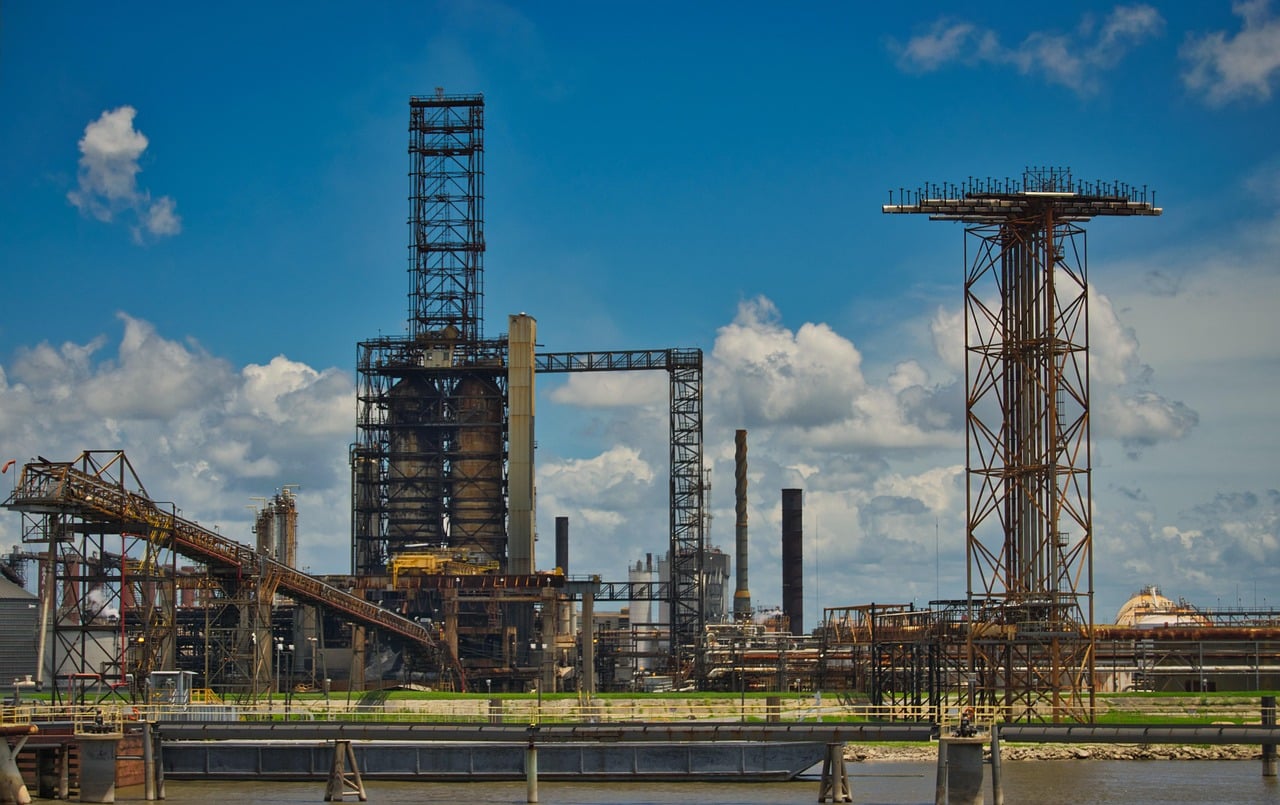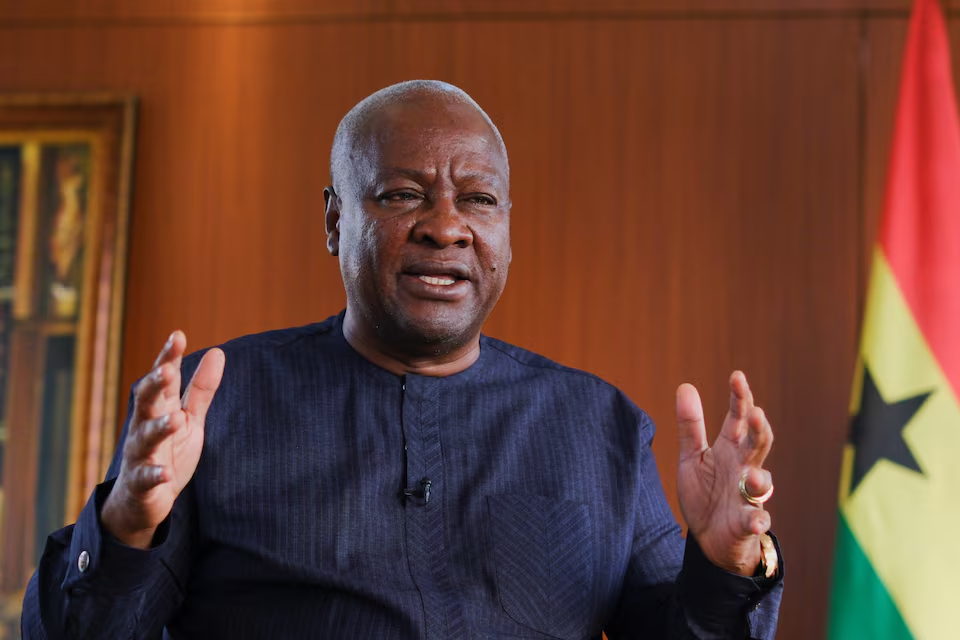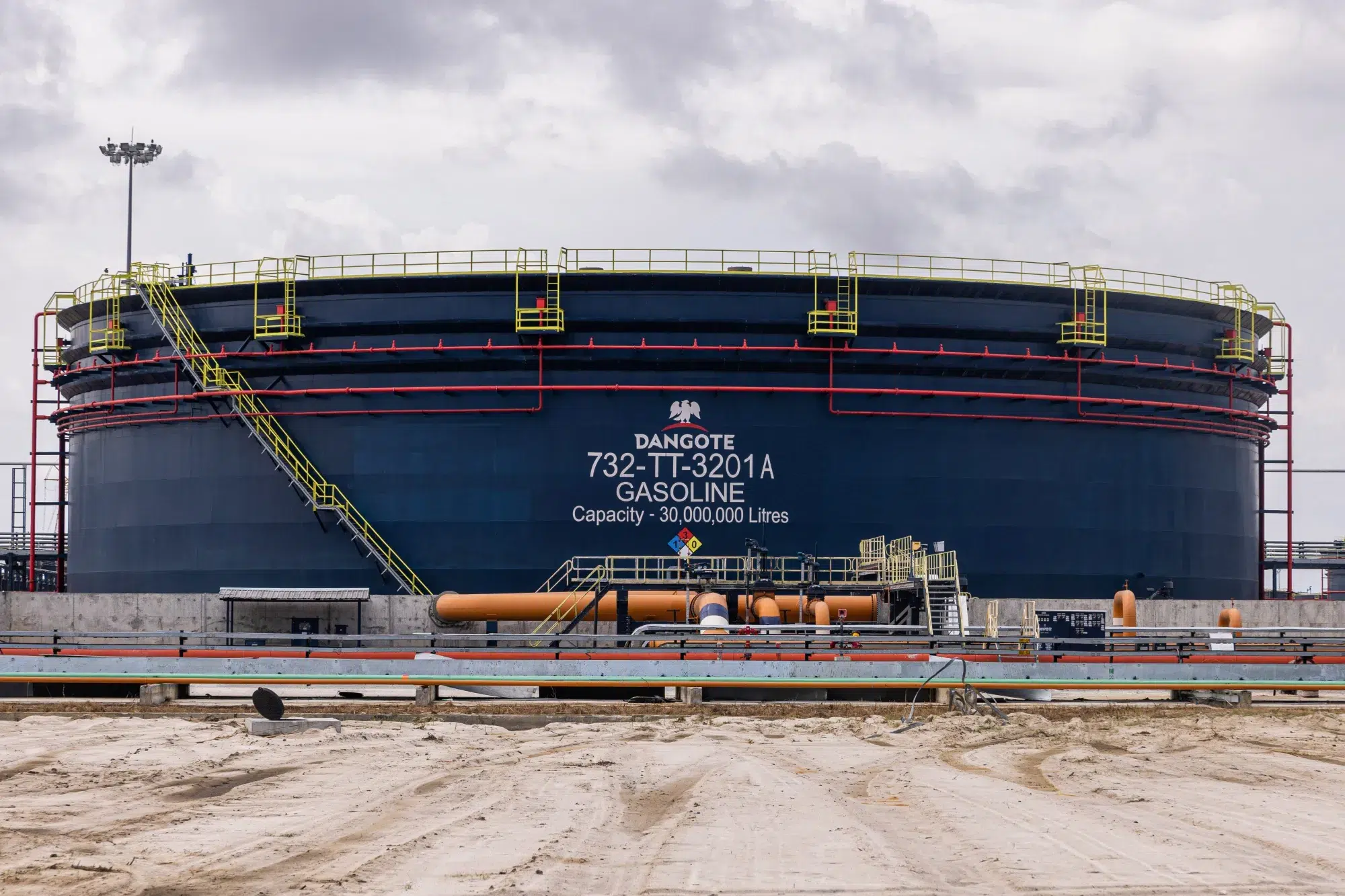For many African nations, attaining oil and gas producer status is often hailed as a major economic breakthrough.
Yet, an equally critical milestone lies in building the capacity to refine crude oil into finished fuel products that meet domestic demand.
Uganda, one of the continent’s most promising emerging oil economies, is investing heavily in both fronts.
With billions of dollars already committed, the country is preparing for a transformative shift in its energy landscape through the development of a $4.5 billion crude oil refinery.
Strategically positioned within the Kabalega Industrial Park in Hoima, this ambitious project aims to harness the vast oil reserves of the Albertine Graben and reshape regional energy dynamics.
So, what does this mega-refinery promise—and why is it so pivotal at this moment in Uganda’s development journey? Here’s what you should know.
A refinery designed for Uganda’s unique needs
The planned crude oil refinery, with a capacity of 60,000 barrels per day (bpd), is designed to meet Uganda’s fast-growing fuel demand.
Unlike many refineries across Africa, Uganda’s configuration is deliberately skewed toward petrol, the most used fuel in the country.
Broken down, the planned refinery will include a 212-km multi-product pipeline to produce:
- Petrol: 30%
- Diesel: 25%
- Kerosene: 15%
- Jet fuel: 10%
- Heavy fuel oils: 10%
- LPG: 5%
This flexible setup allows the refinery to adjust output based on market shifts, ensuring long-term relevance and resilience.
Economic impact: A GDP booster
Uganda being a landlocked country has traditionally relied on imported fuels through Kenyan and Tanzanian routes that has historically been prone to logistical delays and fluctuations in prices.
The refinery is projected to contribute over $3.3 billion annually to Uganda’s GDP, making it one of the most economically significant infrastructure projects in the country’s history.
“This oil refinery is not just about fuel; it is about Uganda producing and exporting refined products instead of importing,” Uganda’s president Yoweri Museveni said.
“We must stop exporting raw materials and instead add value to everything we produce.”
Beyond macroeconomic gains, the project also promises to:
- Create 32,000 jobs across the value chain, from construction and operations to logistics and downstream services.
- Produce 658 metric tonnes of LPG daily, helping reduce reliance on charcoal and firewood, and promoting cleaner household energy.
Outside liquid fuel, the refinery is also expected to unlock Uganda’s petrochemical potential by motivating certain industries like fertilizers, plastics, asphalt, and industrial chemicals.
This diversification will stimulate manufacturing, attract foreign investment, and deepen Uganda’s industrial base.
The refinery project, first signed in March 2025, will be co-owned by UAE-backed Alpha MBM (60%) and the Uganda National Oil Company (UNOC) (40%).
Regional reach
Uganda’s refinery is designed to serve not only domestic needs but also regional markets. Countries set to benefit include Kenya, Tanzania, Rwanda, Burundi, South Sudan and Eastern DRC.
Meanwhile, the country is over halfway through with the East African Crude Oil Pipeline (EACOP), considered the world’s longest heated crude oil pipeline.
The 1,443km pipeline will run from Hoima through Tanzania to the Indian Ocean port of Tanga, where an estimated 216,000 bpd oil will be exported when completed.
The $5 billion project recently received its final batch of pipes from China that will complete the construction phase of the cross border infrastructure, as the Museveni-led Ugandan government aims to begin first oil earliest next year.
“This milestone means that the first oil remains on track for next year,” Uganda’s Minister of Energy, Ruth Nankabirwa, said.
“The government has been keen on ensuring all project timelines are met. The pipeline will enable Uganda to earn much-needed revenues for national infrastructure development as provided under the Public Finance Management Act.”









